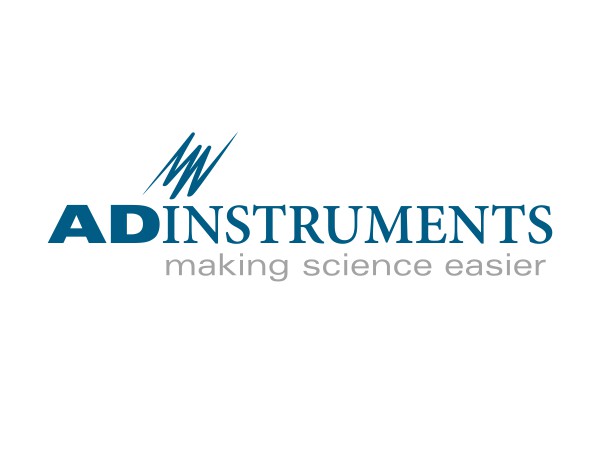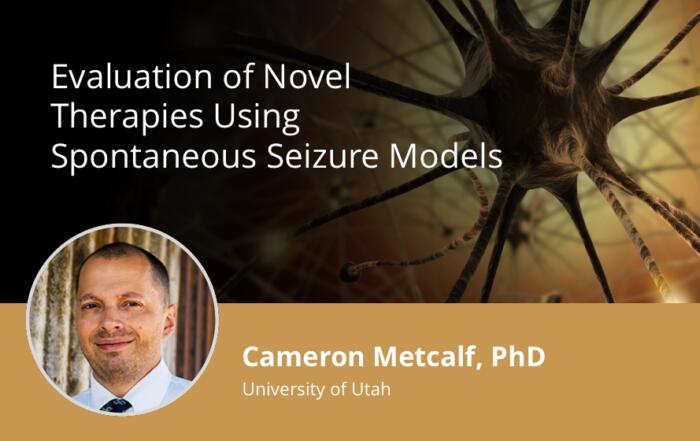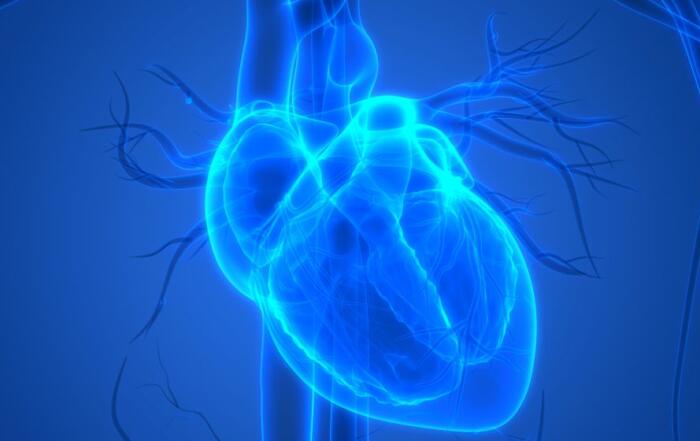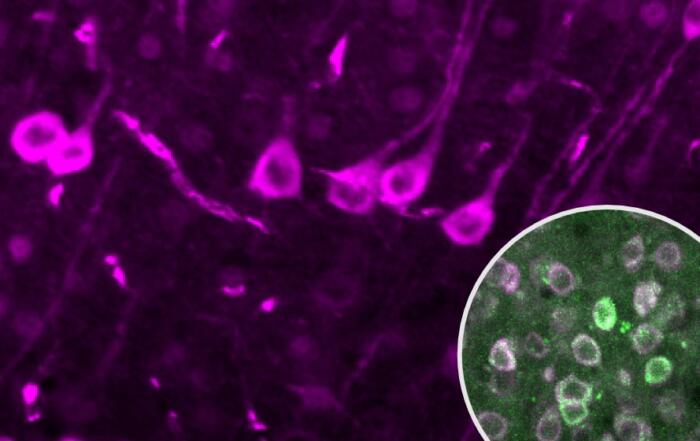Join Connar Westgate, PhD for a deep dive into intracranial pressure measurements and the importance of understanding this physiological parameter for maintaining normal CNS function.
Despite the importance of intracranial pressure (ICP), it is poorly understood and under researched. Consequently, current treatments for elevated ICP are either highly invasive neurosurgeries or non-specific treatments with broad side effect profiles. Moreover, the interplay between ICP and other physiological parameters is unclear. More research is required to understand the regulation of ICP, the role of different physiological states and the effect of xenobiotics on ICP.
Here, Connar describes his work on understanding rodent ICP and the effect of different physiological states. He first focuses on understanding the importance of measuring ICP in a truly physiological setting unhindered by tethering, sedation, and anesthesia. Second, he discusses his work on describing the role of obesity on ICP. Finally, he defines the effects of drug proposed to modulate ICP. His analysis focuses not just on absolute ICP measurements, but also ICP feature analysis and how this is clinically relevant
Key Topics Include:
- Why is intracranial pressure (ICP) an important physiological parameter to understand?
- What are the benefits of telemetric ICP recording vs traditional ICP recording methods?
- Understand what normal is ICP in a rats and how this differs from humans.
- How do different physiological states alter ICP?
- Do current pharmacotherapeutic drugs to reduce ICP pharmacologically work?
Resources
Presenters
Post-doctoral Fellow
Danish Headache Center
Rigshospitalet-Glostrup, University of Copenhagen








